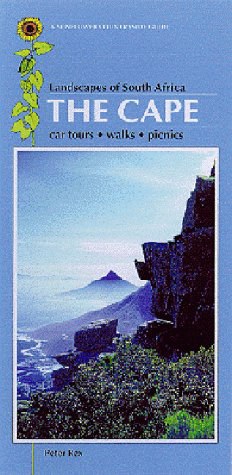

具体描述
The freedom of the seas -- meaning both the oceans of the world and coastal waters -- has been among the most contentious issues in international law for the past four hundred years. The most influential argument in favour of freedom of navigation, trade, and fishing was that put forth by the Dutch theorist Hugo Grotius in his 1609 Mare Liberum'. The Free Sea' was originally published in order to buttress Dutch claims of access to the lucrative markets of the East Indies. It had been composed as the twelfth chapter of a larger work, De Jure Praedae' (On the Law of Prize and Booty'), which Grotius had written to defend the Dutch East India Company's capture in 1603 of a rich Portuguese merchant ship in the Straits of Singapore. This new edition publishes the only translation of Grotius's masterpiece undertaken in his own lifetime -- a work left in manuscript by the English historian and promoter of overseas exploration Richard Hakluyt (1552-1616). This volume also contains William Welwod's critque of Grotius (reprinted for the first time since the seventeenth century) and Grotius's reply to Welwod. Taken together, these documents provide an indispensable introduction to modern ideas of sovereignty and property as they emerged from the early-modern tradition of natural law.
作者简介
目录信息
读后感
评分
评分
评分
评分
用户评价
相关图书
本站所有内容均为互联网搜索引擎提供的公开搜索信息,本站不存储任何数据与内容,任何内容与数据均与本站无关,如有需要请联系相关搜索引擎包括但不限于百度,google,bing,sogou 等
© 2026 onlinetoolsland.com All Rights Reserved. 本本书屋 版权所有




















